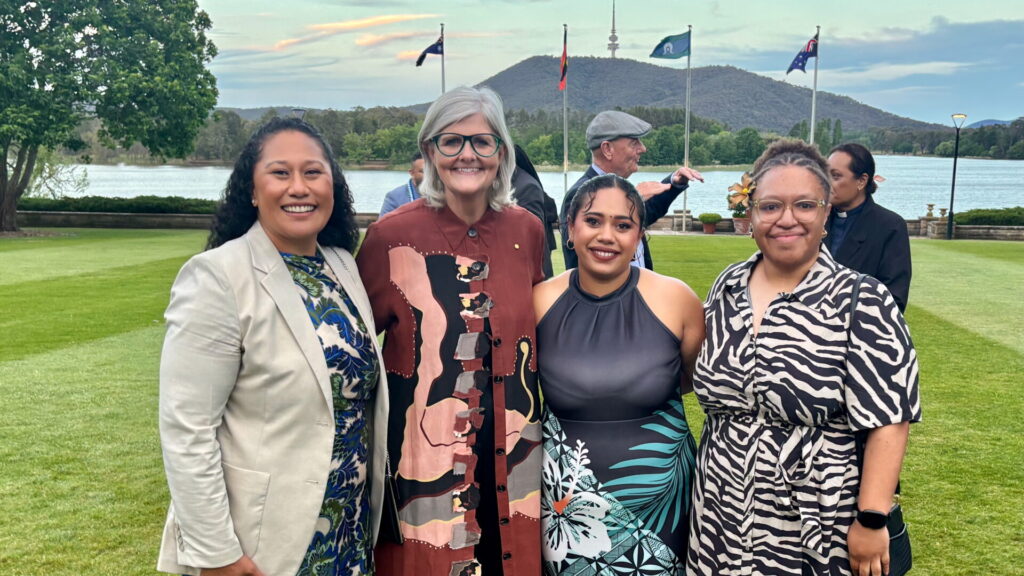The first stage of the Australian Union Conference’s (AUC) Reconciliation Action Plan (RAP) was approved by the AUC board of directors on May 12.
The Reflect RAP considers the practices and resources the AUC currently has in place to support and promote reconciliation with Aboriginal and Torres Strait Islander communities, and initiatives to further the reconciliation mission of the Church. This includes closing the gap in 17 areas where First Nations people are currently experiencing inequality.
Earlier in the year, Adventist Schools Australia (ASA) also finished the first stage of its Innovate RAP, which is designed to provide opportunities for ASA to advance its policies and practices to enhance reconciliation within its schools.
While striving to better engage with First Nations people has been a priority of the Union for many years, at the end of 2020 and beginning of 2021, the AUC and ASA decided to take part in the development of a formal RAP to strengthen relationships, not just between Indigenous peoples and non-Indigenous peoples but between peoples from all cultures and nations.
“One of the Union’s strategic areas is to focus on integrating Aboriginal and Torres Strait Islander Ministries (ATSIM) into the cultural fabric of the Church with all our ministries, keeping in mind how they can reach our First Nations people,” explained AUC president Pastor Terry Johnson.
Aboriginal and Torres Strait Islander people make up 6.6 per cent of church membership in Australia—double the percentage of Indigenous people in Australia’s total population—making it vital to integrate ATSIM into the Union’s mainstream ministry.
“It is excellent to see the Australian Church and Adventist Schools Australia make the decision to be more conscious about reconciliation with the Aboriginal and Torres Strait Islander people,” said AUC ATSIM director Pastor Darren Garlett.
“It doesn’t take a big event or lots of money, but rather just taking the steps to be more culturally aware. Understanding who we are, what we have gone through and what is important to us is a great start to reconciliation,” added Pastor Garlett.
“The ministry of reconciliation is core to our beliefs,” said Pastor Johnson. “As Christians, we are reconciled with God, and we should have reconciliation with each other.
“We know that a RAP will strengthen our relationships, encourage us to do better, and be an example to conferences, other entities, and the wider community.”
ASA national director Dr Daryl Murdoch has similar hopes for Adventist schools. “ASA has endeavoured to lead by example in the formation of its RAP. Our desire is that all schools companies and schools will formulate their own RAPs in the near future,” Dr Murdoch said.
The journey has not ended for the Union and ASA, as each of their Reconciliation Action Plans is the first of four stages of the RAP framework—which provides organisations with a structured approach to advance reconciliation, including Reflect, Innovate, Stretch and Elevate. Each stage takes between 18 and 36 months to implement.
In addition to approving the RAP, the AUC board of directors appointed a Reconciliation Committee to further the work that has already been done and assist the Union as they continue to work through the next three stages of the RAP framework.
“We look forward to seeing where this journey takes us as it allows us to understand, embrace and celebrate our shared Australian and Creation histories, and to demonstrate God’s love in action by treating all people as equals and with respect,” said AUC people and culture manager Melissa Hill.






